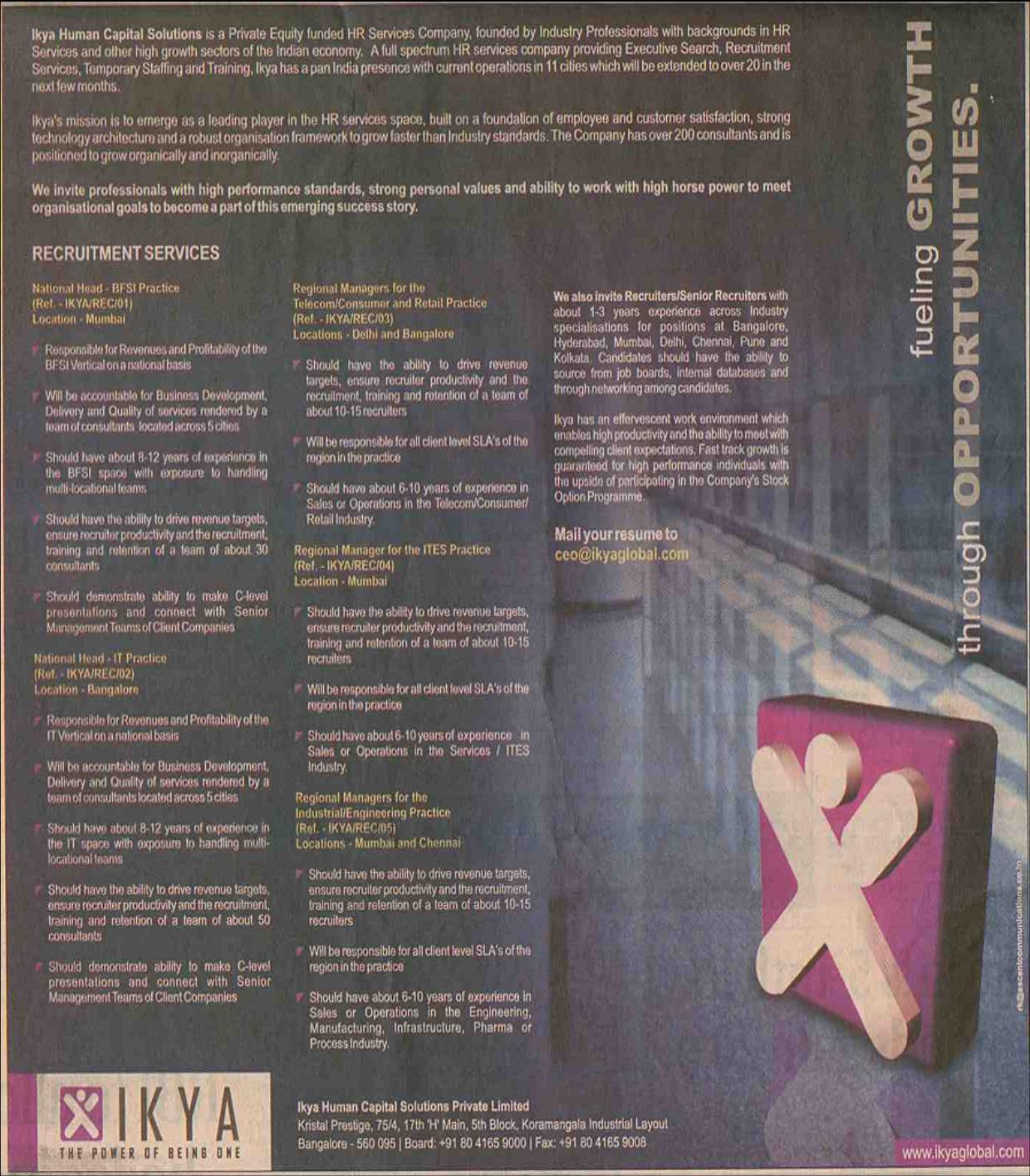Saturday, December 1
India ranks among top expensive places to trade
MUMBAI: India ranks among the best performing markets globally, but it also finds itself in the list of top 15 countries in terms of share transaction cost. Placed at the eleventh spot, just behind Chile and China, the average cost of executing a trade in the Indian market is pegged at around 51 basis points (bps). As per data published by Elkins/McSherry, a New York-based global financial consultant, billing an average trading cost of 90 bps, Venezuela is one of the most expensive markets in the world. Peru and Philippines are at the second and third spot with an average billing of 87 bps and 70 bps respectively. Columbia (68 bps), Egypt (66 bps), Indonesia (58) and Chile (52 bps) are the other markets in the top-10 ‘most expensive’ bracket. Some markets have differential cost structure for buying and selling of shares. In this category, it is horribly expensive to buy shares in Ireland as the average buying cost in that country is 127 bps; while selling costs drop to a petty 28 bps. Average trading cost in the UK, while buying, is 69 bps and while selling, it is 20 bps. As far as India goes, average commission (or brokerage) rounds off to around 30 bps, considered very high when compared with emerging markets like China (22), Brazil (24), Korea (25) and Russia (15). Market impact costs (levies like STT, stamp duty, investor protection fund) are relatively lower in India at around 10 bps. Chinese investors pay market impact costs in and around 18 bps. Brazil (15 bps) and Russia (19 bps) also have higher market impact costs. “At 30 bps, India has very high brokerage rates; that is, if you only consider average commission paid to brokers, India would be among the most expensive markets in the world. There is further scope for reduction in brokerage charges. Secondly, if you look at market impact, countries like Japan, Germany, France and Australia incur lower costs in the range of 4.8 to 7 bps. Market impact cost is also high in India at around 10 bps,” said Reliance Money CEO Sudip Bandyopadhyay. In India, investors pay broking commission (as agreed upon by the client and the broker), penalties arising on specific default on behalf of his client, service tax, securities transaction tax (STT) as applicable, stamp duty and transaction charges (paid to exchanges). The charge structure is slightly different in the case of institutional investors. “Cost of transaction has direct bearing on trading volumes, volatility and competition (among brokerages). Over the past few years, we’ve seen brokerage charges dipping from about 2.5% to as low as 2 paisa per trade. With rising trading volumes in the retail segment, there is further room left for cuts in transaction cost (including broking commission),” said SBI Cap Securities head-institutional sales Jignesh Desai. “However, on the institutional side, we’ve already hit the rock bottom with average transaction cost being as low as 0.15% of the total volume. As far as market impact costs go, Indian investors are reeling under heavy STT rates and stamp duties. This is surely a cause for concern,” Mr Desai added. According to Mr Bandyopadhyay, by adopting a flat fee structure, transaction costs could be brought down considerably. “As per our tariff cards, our average brokerage comes to around 1 bps, thereby reducing transaction costs to as low as 19 bps,” Mr Bandyopadhyay added.
Subscribe to:
Post Comments (Atom)
Internal Opportunities @ IKYA

Ad in Eco Times
No comments:
Post a Comment